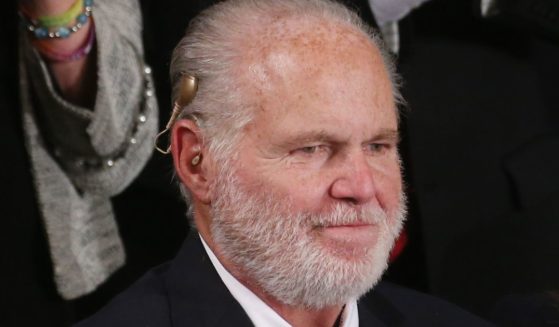After Death of Father, Woman Can’t Go On. Friends Show Up at Home When She Needs It Most
Knowing what you need to do and actually doing that thing are two very different steps.
It’s understandable to avoid tasks when you’re busy doing other things, but when you have no excuse you think is valid, you can start to feel a bit guilty.
The whole experience is majorly compounded when you’re also dealing with depression on top of it all. As you know well if you’ve ever experienced depression yourself, it’s not something you can logic yourself out of.
For writer Sheila O’Malley, it was her father’s death that sent her into a downward spiral. Even months after she moved, her depression clung to her.
Her apartment was full of unpacked boxes, and no matter how she tried, she couldn’t bring herself to put things away.
Until one day, when a friend reached out — and did more than just reach out. He took a risk and went beyond just asking if she was OK.
He planned an “intervention” of the best and most useful kind. He gathered up a team of O’Malley’s friends and they showed up at her door, ready to do what she’d been unable to on her own.
“The year after my dad died was so bad I don’t remember 90% of it,” O’Malley wrote on Twitter. “I moved to a new apt and was unable to unpack. For MONTHS. I was ashamed I couldn’t unpack. How can you be UNABLE to unpack?”
“My good friend David – whom I’ve known since high school – knew I was struggling and he felt helpless. He said ‘you are loved’ ‘we need you’. I was like, ‘Doesn’t matter, but thanks.’ So he took a risk. It very well could have ended badly. I could have lashed out.”
“I could have been really REALLY offended,” she continued. “But he took the risk. He sent out an email to a group of local friends (w/out my knowledge) and said, ‘Sheila is struggling. She needs our help. Let’s all go over there and unpack her apartment for her. Bring food. Let’s make it fun.'”
So they did. They didn’t ask her if they could come over — which O’Malley later noted was of critical importance — they just showed up.
And they opened her boxes and started hanging pictures and putting books away. It was hard for O’Malley to give up control, but it was good. They all pitched in and didn’t make her feel like a burden or weak or guilty.
“That’s the end,” she wrote. “The ‘ask for help’ advice is well-meaning but not really thought through. There’s shame, there’s enforced helplessness, there’s the feeling you’re not worth it, etc. My friends didn’t wait for me to ask. They showed up. They took over. They didn’t ask.”
“When they all swept out of there 4 hours later, my place was a home. Not only was everything put away – but now it had a memory attached to it, a group memory, friends, laughing, dirty jokes, hard work. These are the kinds of friends I have.”
She ended her Tweets with a challenge to her readers: “Be that kind of friend to others.”
Submit your story here, and subscribe to our best uplifting stories here.
Truth and Accuracy
We are committed to truth and accuracy in all of our journalism. Read our editorial standards.
Advertise with The Western Journal and reach millions of highly engaged readers, while supporting our work. Advertise Today.












